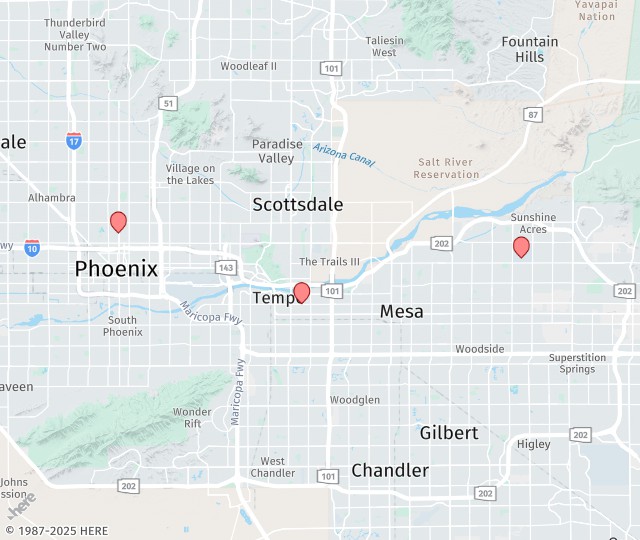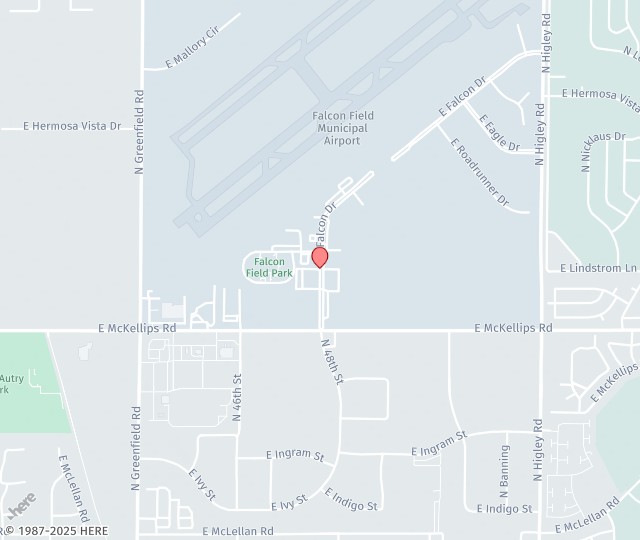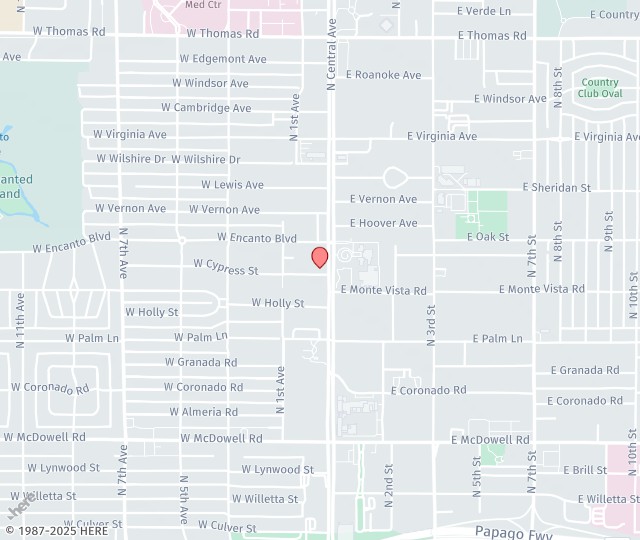
When it comes to pediatric emergencies, quick and accurate assessment is crucial. That’s why the Pediatric Assessment Triangle (PAT) plays a vital role in Pediatric Advanced Life Support (PALS). Designed to help healthcare providers identify life-threatening conditions within seconds of patient contact, the PAT is a rapid evaluation tool that requires no equipment, just keen observation.
At LBW Training Center, our American Heart Association-approved PALS courses provide in-depth training on essential tools, including the Pediatric Assessment Triangle, enabling healthcare professionals to respond swiftly and confidently in pediatric emergencies. With daily classes across multiple Arizona locations, we make it easy to fit life-saving education into your busy schedule.
What Is the Pediatric Assessment Triangle?
The Pediatric Assessment Triangle is a visual and auditory tool used to assess a child’s overall condition based on three critical components:
Appearance: This focuses on the child’s neurological status and overall tone. Look for signs such as alertness, consolability, gaze, speech, and muscle activity. A child who is listless, unresponsive, or excessively irritable may be in distress.
Work of Breathing: This component evaluates respiratory effort. Indicators include abnormal breath sounds (such as grunting or wheezing), the use of accessory muscles, nasal flaring, and head bobbing. Increased work of breathing suggests respiratory distress or failure.
Circulation to the Skin: Assessing skin color and perfusion gives insight into cardiovascular status. Pale, mottled, or cyanotic skin can indicate poor circulation or shock.
Why It Matters in PALS
The PAT allows clinicians to rapidly categorize a pediatric patient’s condition as stable, respiratory distress, respiratory failure, or shock, all within 30-60 seconds of seeing the child. This quick snapshot guides the urgency of interventions and determines whether to activate the full PALS algorithm.
For example, a child with abnormal appearance and increased work of breathing may require immediate airway support. In contrast, a child with poor circulation and an altered appearance may require advanced life-saving measures.
Confidently Master Pediatric Emergencies with PALS Training in Tempe, AZ
In pediatric emergencies, early decisions can save lives. The Pediatric Assessment Triangle trains healthcare providers to trust their first impression and act swiftly. In PALS training, understanding the PAT is crucial for accurately assessing the severity of illness and initiating timely care.
Whether you’re a nurse, EMT, or medical student, mastering the Pediatric Assessment Triangle helps you deliver better, faster, and more confident care when every second counts. For more information about PALs training or to find a class, call us today at 602-283-0079.


